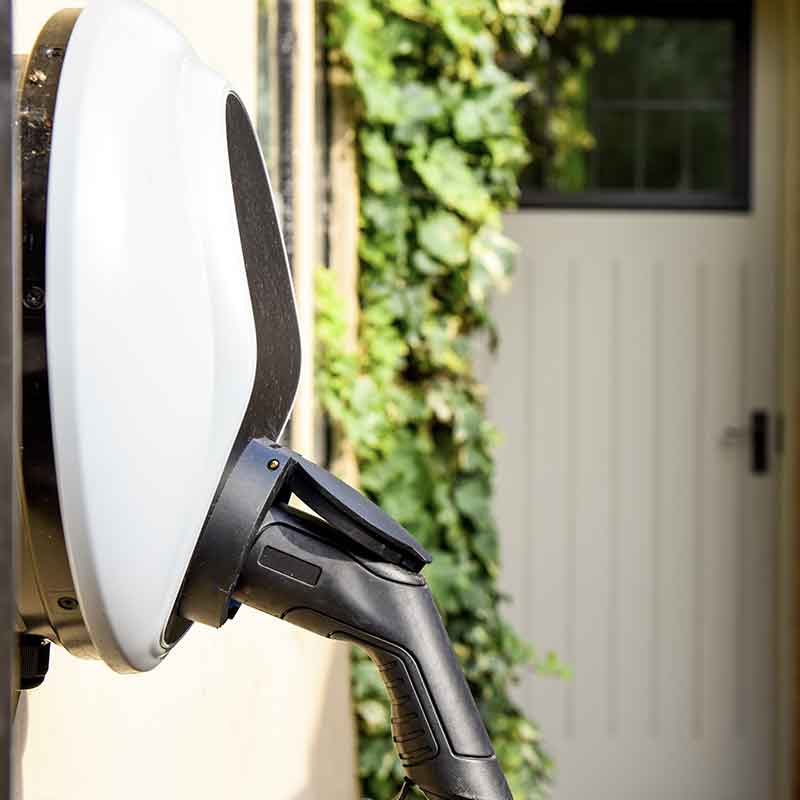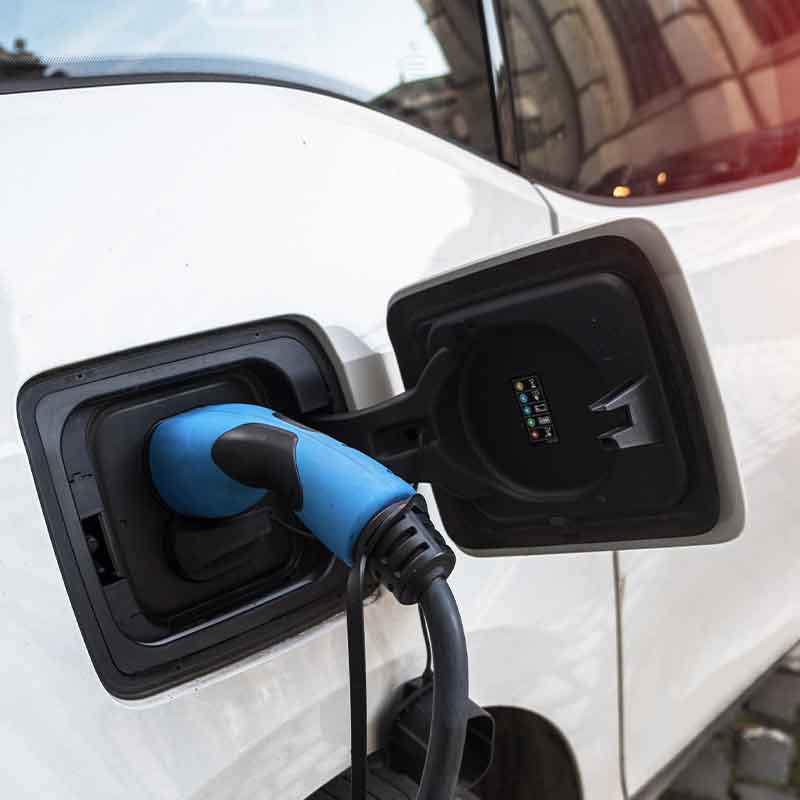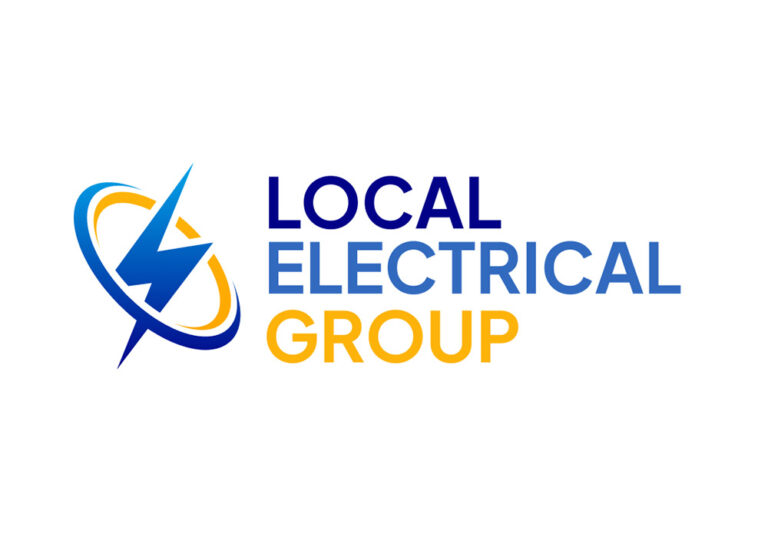EV Charger Installation Cost: Essential Breakdown for UK Homeowners
As electric vehicles (EVs) continue to rise in popularity, many homeowners and businesses are considering the installation of an EV charger. While having an EV charger at home or at work offers the convenience of charging your electric vehicle on your own time, understanding the cost of installation can be challenging. There are many factors to consider, such as the type of charger, location, and potential cost savings, which can all influence the overall installation cost.
To make an informed decision about whether to install an EV charger, it’s important to familiarise yourself with the various types of chargers and their associated costs. Initial factors that can influence the cost include power supply requirements, any necessary electrical upgrades, and the type and complexity of the charging station itself.
Another crucial factor to consider is the location of the charger installation, as this will impact the cost and the charging station’s efficiency. By evaluating potential cost savings, such as usage during off-peak hours, and taking advantage of government incentives, you can better understand the long-term return on investment for your EV charger.
Key Takeaways
- Several factors influence EV charger installation cost, such as charging station type and location.
- Exploring potential cost savings and government incentives can contribute to long-term returns.
- Understanding initial cost factors is crucial for making informed decisions about EV charger installations.
What is an EV Charger?
An EV charger, or Electric Vehicle charger, is a device that provides electrical energy to recharge the batteries in your electric vehicle. It connects to your vehicle’s charging port and converts the electrical energy from the power grid into a form that your EV can safely store in its battery.
There are three primary types of EV chargers available for use:
- Level 1: These chargers use a standard household 120V AC outlet and are typically included with your electric vehicle as a portable charging option. They offer the slowest charge rate, with most vehicles requiring over 12 hours for a full charge.
- Level 2: These chargers use a 240V AC outlet, similar to those used for larger appliances like dryers or ovens, and provide significantly faster charging times than Level 1 chargers. They are commonly found in workplaces, public charging stations, and can be installed at home. Most electric vehicles can achieve a full charge within 4 to 8 hours using a Level 2 charger.
- DC Fast Charging (DCFC): Also known as Level 3 chargers, these chargers use direct current (DC) electricity to charge your electric vehicle at an extremely rapid rate. DCFC stations are often found near highways or other locations where quick charging is essential for long-distance trips. Depending on the vehicle and charger, a full charge can typically be achieved within 30 minutes to an hour. However, it is essential to consider that not all electric vehicles are compatible with DC fast chargers.

When considering an EV charger, it’s important to choose the appropriate charging option for your needs. Level 1 chargers are the most straightforward and affordable choice but require significantly longer charging times. Level 2 chargers are the most common option for home installations and offer a good balance between cost and charging speed. Lastly, DC fast chargers are excellent for reducing charging times during long trips, but not all vehicles can take advantage of them, and their installation cost tends to be higher.
Initial Factors Influencing Cost
When considering the installation of an electric vehicle (EV) charger, several factors can affect the overall cost.
Firstly, your choice of charger type will have a significant impact on the cost. There are three main types of EV chargers:
- Level 1 chargers are the most basic and affordable option, utilising a standard 120-volt outlet. They are slower than other options but can be more cost-effective for regular use.
- Level 2 chargers provide faster charging by using a 240-volt outlet. These chargers generally require hardware installation, which may increase the initial cost.
- DC fast chargers are the most expensive and provide the quickest charge possible. They are typically used in commercial settings or for drivers who require high-speed charging.
Another factor to consider is the make and model of your electric vehicle. Certain vehicles may require specific chargers or additional equipment, which can affect the overall cost. It is essential to check your vehicle’s compatibility with the charger you intend to install.
Additionally, your home’s electrical system plays a role in determining the costs. You may require an electrical panel upgrade to accommodate the charger’s power needs, which can increase expenses. It might also be necessary to install dedicated wiring or circuit breakers for the charger.
Labour costs are another important consideration. Depending on the complexity of the installation and the location of the charger, costs can vary significantly. For a streamlined process, seek qualified electricians with experience in EV charger installations.
Different charger brands and models may also impact prices. Higher-end brands usually come with more features and capabilities, leading to a higher initial cost. Make sure to research and compare different chargers within your budget to determine the best value for your needs.
Lastly, any required permits and inspections will likely add to the overall expense. The process varies depending on your location and local regulations, but it is crucial to consider these costs when planning the installation of an EV charger.
Types of EV Chargers
Level 1 EV Chargers
Level 1 EV chargers are the most basic and come with your electric vehicle. They use a standard 120-volt household outlet and do not require any special installation. Although convenient, charging with Level 1 is quite slow, as it only provides around 2 to 5 miles of range per hour of charging. This makes it suitable for short commutes, low-mileage drivers, or as an emergency backup option.
Level 2 EV Chargers
For faster charging times and increased convenience, you may want to consider a Level 2 EV charger. These systems require a dedicated 240-volt circuit and professional installation, similar to what is used for electric ovens and clothes dryers. The charging speeds of Level 2 chargers vary but typically provide between 10 to 60 miles of range per hour of charging, depending on the vehicle and charger specifications. A Level 2 charger is suitable for daily use and is the most common home-charging option for electric vehicle owners.
Benefits of Level 2 EV Chargers:
- Faster charging times compared to Level 1
- Suitable for medium to long-distance drivers
- Requires professional installation for a 240-volt circuit
DC Fast Chargers
For the quickest EV charging experience, DC fast chargers are the way to go. These systems use direct current (DC) to charge the battery, allowing for much faster charging times than Level 1 or 2 chargers. However, not all electric vehicles are compatible with DC fast charging, so it’s important to check your specific model. Also, due to their higher power output, DC fast chargers require specialized equipment and installation, which can significantly drive up costs.
Keep in mind that frequent use of DC fast charging can lead to increased wear on your vehicle’s battery, making it suitable as an occasional charging option or for long road trips when you need to recharge quickly.
DC Fast Charger Features:
- Rapid charging speeds: up to 100 miles of range in as little as 20 minutes
- Requires specialized equipment and installation
- Suitable for long trips or occasional use due to potential battery wear
Cost Breakdown
Equipment Cost
When considering an EV charger installation, the first expense you’ll encounter is the equipment cost. You’ll need to decide whether to opt for a Level 1 or a Level 2 charger. Level 1 chargers are less expensive, but they also provide a slower charge. On the other hand, Level 2 chargers offer faster charging speeds, but they come at a higher price.
Some typical costs for home EV chargers may include:
- Level 1 Charger: £100-£300
- Level 2 Charger: £300-£800
Keep in mind that these costs only cover the charger unit itself, and additional components may be required, depending on your specific installation needs.
Installation Labour Cost
The next cost factor is labour. A professional electrician will need to install your EV charger, as it requires working with high-voltage electrical wiring. The installation cost will largely depend on the complexity of the job, any upgrades needed to your electrical panel, and the electrician’s hourly rate.
To give you an idea, here are some average installation costs in the UK:
- Basic installation: £300-£600
- Advanced installation (e.g., upgrading your electrical panel): £600-£1,200
Please remember that these figures can vary depending on your location and the electrician’s experience.
Permit Costs
Lastly, you may need to obtain a permit to install an EV charger at your property. The cost for the permit varies depending on your local authorities, and in some cases, no permit is required. However, it’s essential to check with your local council to ensure you comply with any regulations.
Permit costs can range from £50 to £200, but again, this will depend on your location.
By factoring in the equipment cost, installation labour, and permit fees, you can better estimate your total budget for an EV charger installation. Remember to gather multiple quotes from different installers to ensure you receive the best value for your money.
Location Factors
Urban vs Rural
When considering the installation of an electric vehicle (EV) charger, your location plays a significant role in determining the costs. In urban areas, you are likely to find a larger number of charging stations and an increased level of competition among installers. This generally means you can expect lower installation costs compared to rural locations, where resources and infrastructure can be limited.
In rural areas, installation costs may be higher due to the increased travel time for technicians, the potential need for additional electrical upgrades, and limited access to charging infrastructure. However, this does not mean it is impossible to find affordable installation options in rural settings. It merely requires thorough research and potentially working with local electricians who may have experience in EV charger installations.
Region Specific Costs
Various factors beyond urban vs rural can impact regional costs of EV charger installation. These include regional regulations and permitting costs, local electricity rates, and any incentives or grant programmes available.
Differences in regional regulations and permitting requirements may result in varying installation costs across different regions. Some areas may have stable guidelines that authorised installers must follow, whilst others might have minimal regulations in place. To navigate the differing requirements, it’s crucial to consult local guidelines and consult expert installers.
Local electricity rates are another factor that can affect installation cost. Higher energy prices may increase the overall cost of operating an EV charger, whereas lower energy prices can make it more economical. To get an accurate assessment of operating costs, research your area’s electricity rates and factor it into your final decision.

Lastly, don’t forget to explore any incentives or grants available in your region. Some governments and organisations provide financial support to encourage adoption of EV chargers. If your area offers such incentives, you might be eligible for reduced installation costs. Be sure to check your local and national government websites for any relevant information.
When evaluating EV charger installation costs, consider the unique factors associated with your specific location. Urban vs rural and regional factors can significantly impact expenses, but understanding these variations and conducting thorough research helps to identify the most cost-effective options for your EV charging needs.
Potential Cost Savings
Electric vehicles (EVs) are growing in popularity, and with them, the need for charging infrastructure is more crucial than ever. When considering the installation of an EV charger, it’s essential to factor in the potential cost savings associated with using an electric vehicle.
One significant advantage of driving an electric vehicle is the lower fuel costs. In the UK, electricity is generally cheaper than petrol or diesel, which means you could save money on your daily commute or long trips. Charging at home can offer even greater savings by using off-peak rates or solar power, further reducing your energy costs.
Electric vehicles also have fewer moving parts compared to traditional combustion engines, resulting in lower maintenance costs. Maintenance tasks such as oil changes, exhaust system, and transmissions are not required for EVs, which can lead to considerable savings over time.
In addition, various incentives and schemes encourage the adoption of electric vehicles, contributing to the potential cost savings. The UK government offers grants for installing EV chargers at home, making the installation cost more affordable. Some local councils may also offer financial incentives to support the adoption of electric vehicles in their area.
To maximise your cost savings with an EV charger, consider the following tips:
- Choose the right charger: There are different types of EV chargers on the market, with varying levels of charging speed and power. Choose a charger that meets your specific needs and consider the long-term value when making your decision.
- Optimise charging times: Schedule your charging sessions during off-peak hours or utilise solar power if available to further reduce energy costs.
- Explore grant opportunities: Research the grants and incentives available in your area to help reduce the cost of installing an EV charger.
Evaluating the potential cost savings from EV charger installation is crucial in making an informed decision about investing in an electric vehicle and its infrastructure. By considering the various factors influencing savings, you can optimise your investment and enjoy the benefits of electric vehicle ownership.
Government Incentives
When considering the installation cost of electric vehicle (EV) chargers, it’s essential to be aware of the government incentives available to help offset your expenses. These subsidies can significantly reduce the financial burden of installing an EV charger at your home or business.
In the UK, one of the primary schemes is the Office for Zero Emission Vehicles (OZEV). OZEV provides grants through the Electric Vehicle Homecharge Scheme (EVHS) and the Workplace Charging Scheme (WCS). These programmes aim to promote the use of electric vehicles by subsidising the cost of installing charging infrastructure.
- Electric Vehicle Homecharge Scheme (EVHS): Under the EVHS, you can receive a grant of up to 75% of the installation cost, capped at £350, for an eligible electric vehicle charger at your home. To qualify, you must be the owner, lessee, or primary user of an eligible electric vehicle and have dedicated off-street parking.
- Workplace Charging Scheme (WCS): The WCS is designed for businesses and offers vouchers to offset the cost of installing EV chargers at workplaces. Employers can receive a contribution of up to £14,000, which is capped at £350 per socket for up to 40 sockets.
It’s important to note that to benefit from these grants, the EV charger must be installed by an OZEV-approved installer. Moreover, these schemes are subject to periodic revisions and funding availability. Therefore, it’s essential to check the latest eligibility requirements and application procedures on the OZEV website.
Aside from national incentives, some local councils and regional authorities offer additional support for electric vehicle owners and charging infrastructure. These initiatives may include further funding, discounted parking rates, or preferential access to low-emission zones. It’s advisable to contact your local council to inquire about any region-specific incentives that may be applicable to your situation.
In summary, the UK government provides various incentives that can substantially mitigate the cost of installing an electric vehicle charger at your home or workplace. By taking advantage of these schemes and selecting a suitable charger, you can make a smart investment in sustainable transport and enjoy the benefits of driving an electric vehicle.
Long-Term Return on Investment
When considering the installation of an EV charger, it’s essential to assess the long-term return on investment (ROI). In the following paragraphs, we will discuss several factors that contribute to a positive ROI on your EV charger installation.
Firstly, installing an EV charger at your home or business will significantly reduce your dependence on petrol stations. Since electricity costs are often lower than petrol or diesel prices, opting for an EV charger can lead to considerable savings on fuel over time.
It’s also worth noting that electric vehicles tend to have lower maintenance costs compared to other vehicles. With fewer moving parts and no need for oil changes, you may save on maintenance expenses in the long run, further improving your ROI.
Additionally, government incentives can help offset some of the installation costs. In the UK, the Electric Vehicle Homecharge Scheme (EVHS) offers grants for eligible applicants to reduce the upfront cost of purchasing and installing home EV charge points.
Don’t forget about the environmental benefits of driving an electric vehicle. By reducing your carbon footprint, you contribute to a cleaner, more sustainable environment for everyone.
Finally, an interesting aspect to consider is the potential for increased property value. Just as homes featuring energy-efficient technologies and solar panels tend to have a higher market value, properties with EV charger installations can also benefit from increased desirability and demand.
In summary, whilst the initial cost of installing an EV charger may seem high, it’s imperative to weigh this against the long-term financial and environmental benefits that can greatly improve the return on investment.



